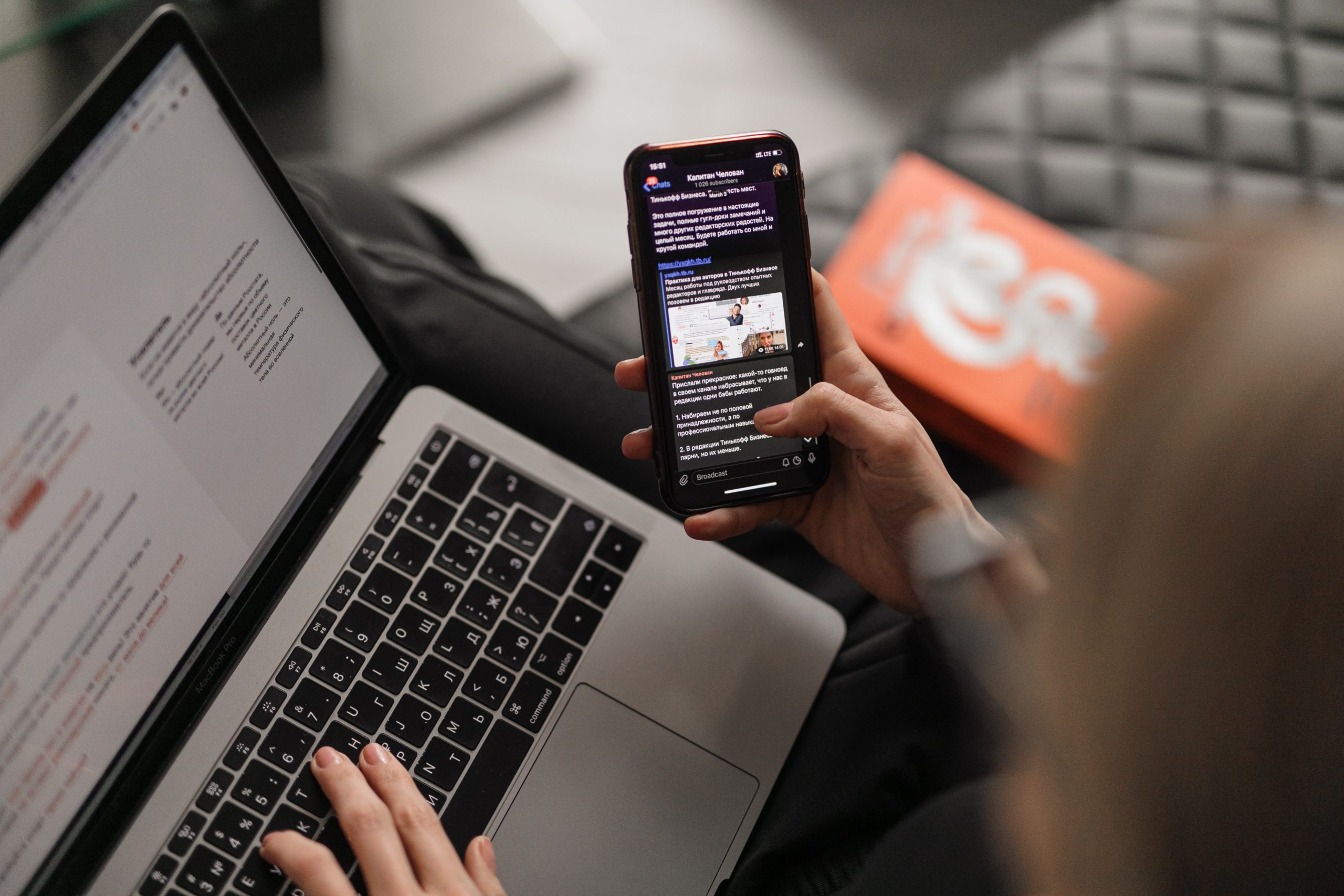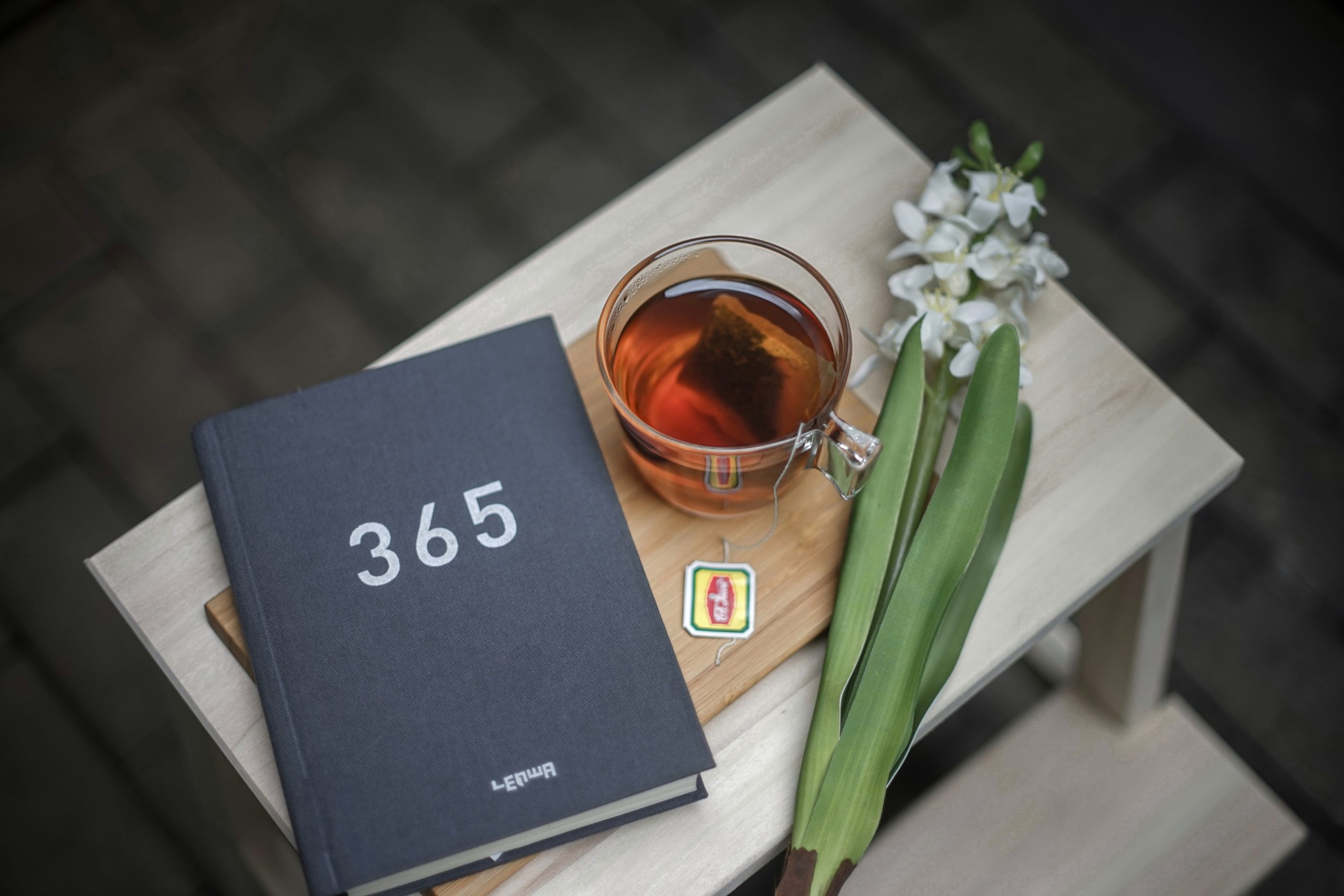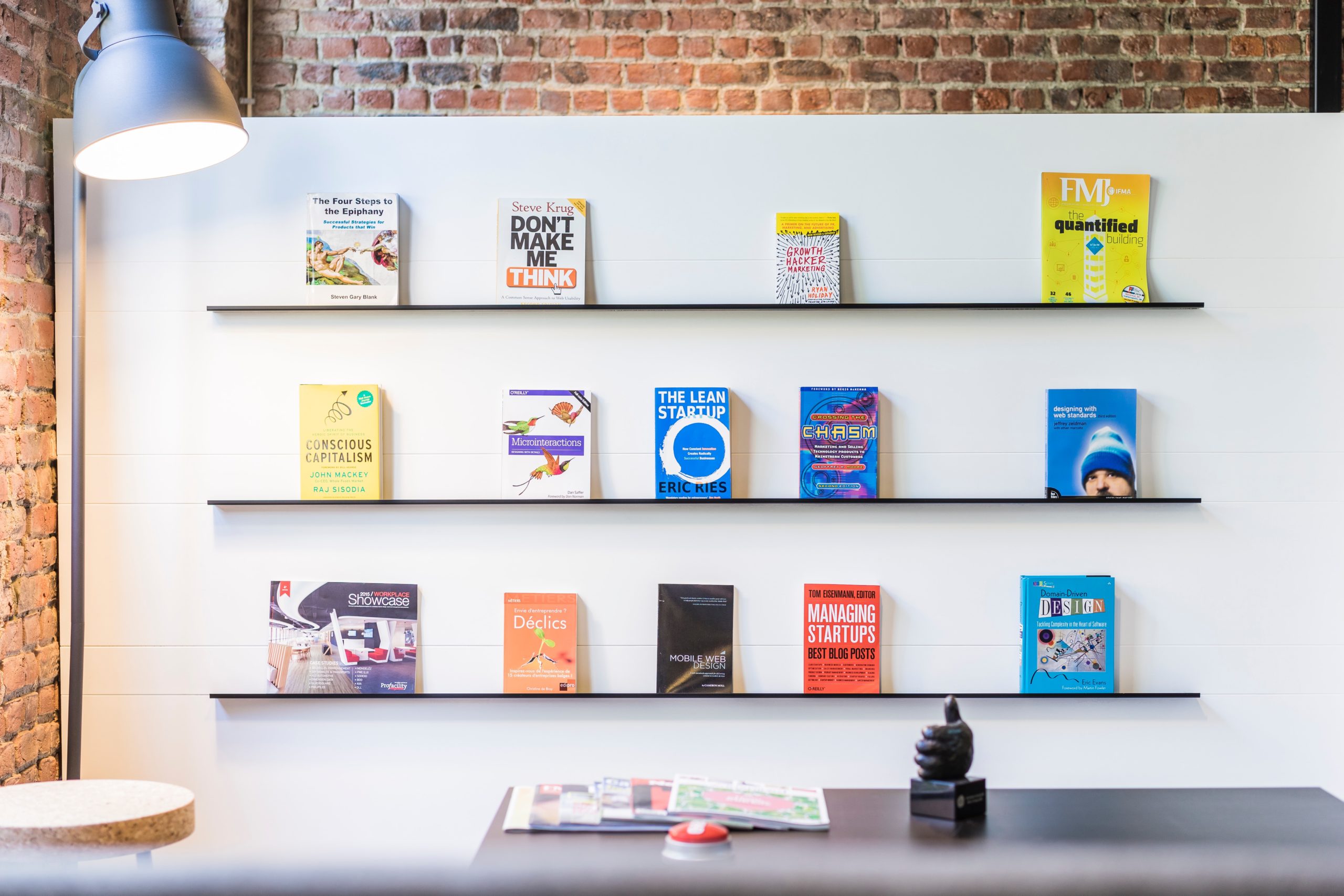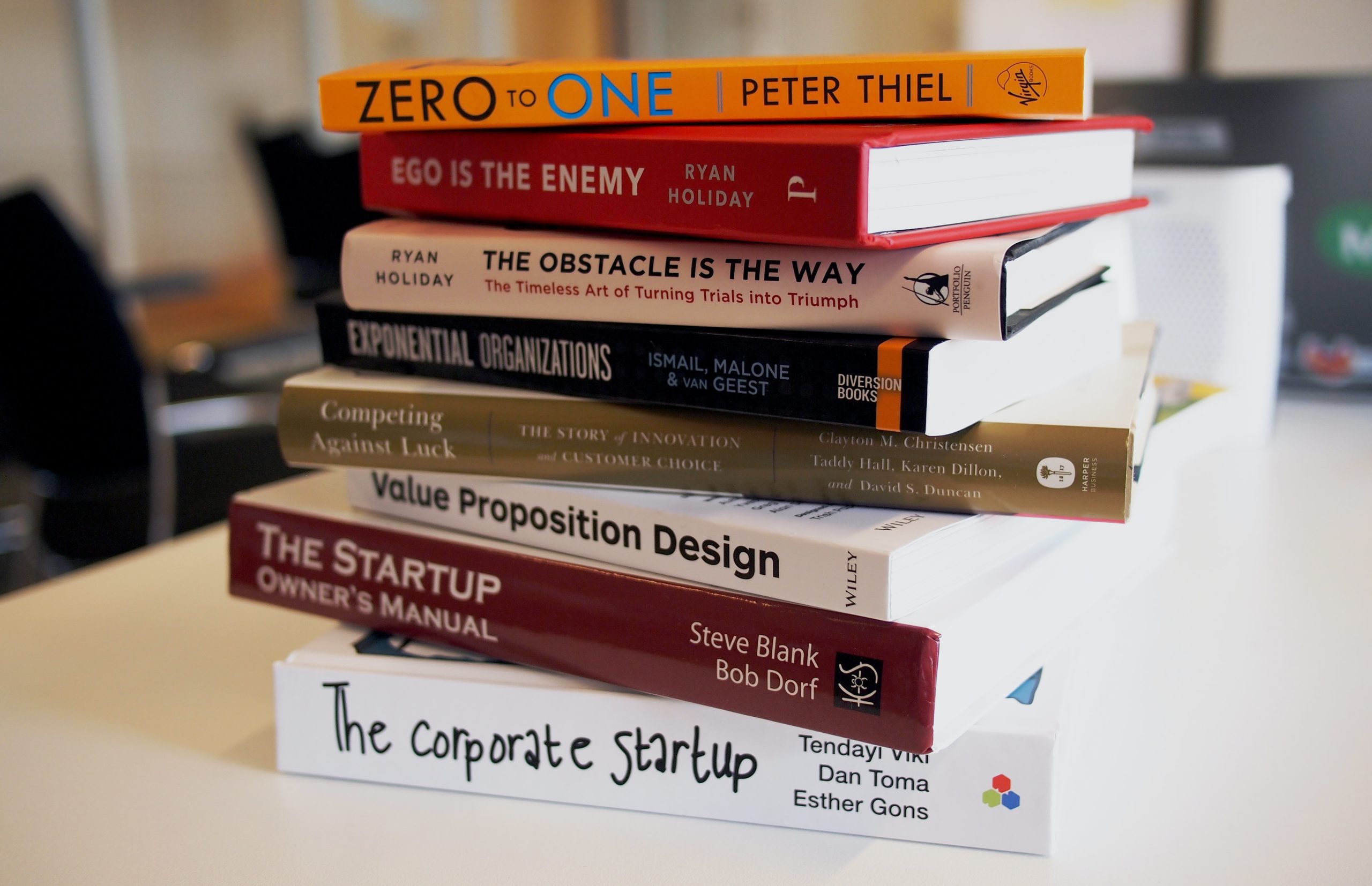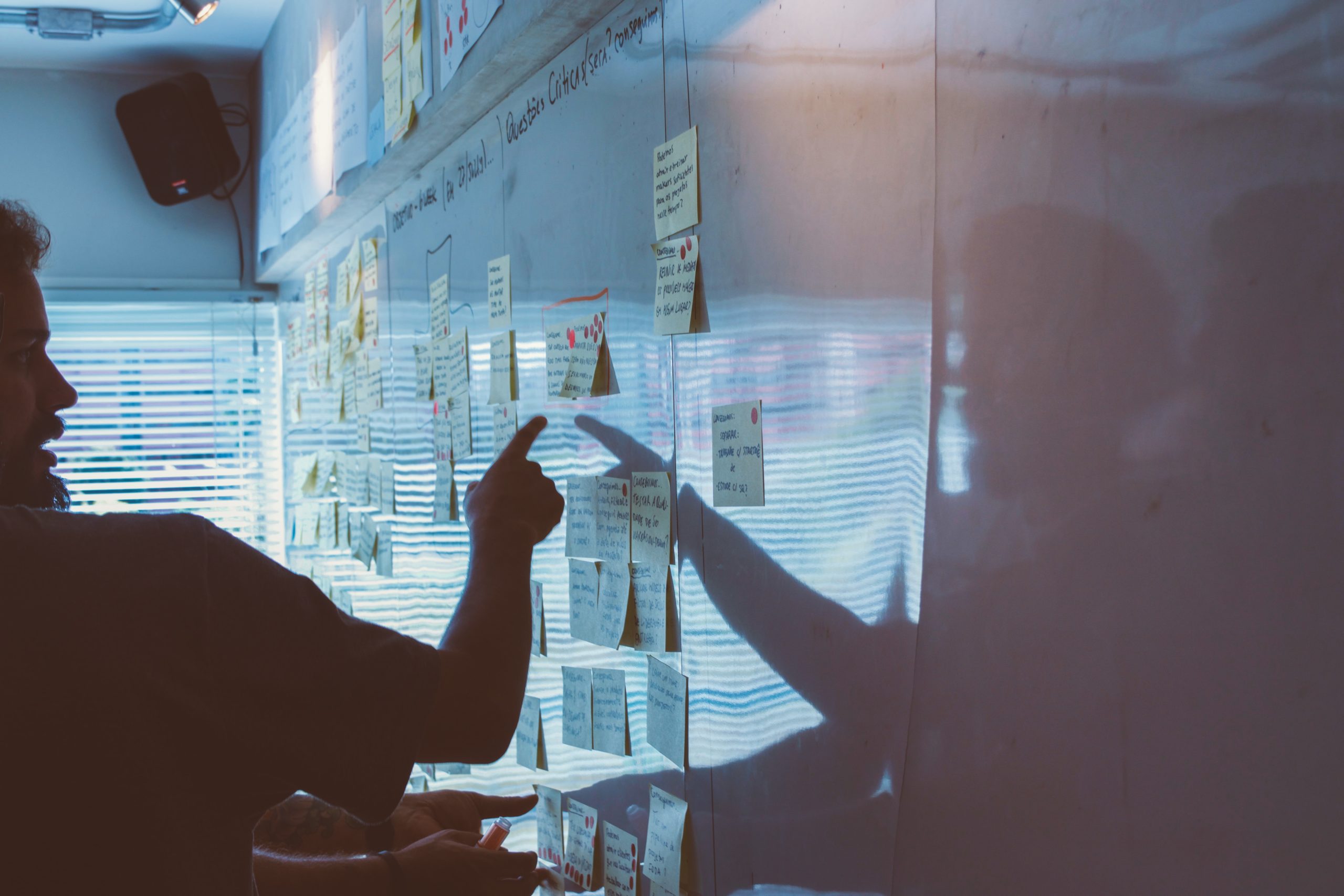
17 Tips to Create Audio That Rocks

I’ve done a lot of homebrew audio – on my laptop – with a Zoom H1 digital recorder – and with my trusty Blue Snowball microphone and Audacity on my Mac. And I’ve also done a fair amount of studio recording in studios ranging from the scary to the awesome.
Here are 17 tips for speakers, authors, consultants, and independent professionals who want to create better sounding, more professional audios for their podcast, radio show, audio products, or voiceovers.
1. Stand up when you record – it makes a HUGE difference to the way your voice sounds. For example, I recorded the entire 12 hours of the Do It! Marketing audiobook standing up. (Wear comfortable shoes!)
2. Speak close to the microphone – you want to get right up in that bad boy’s face. Somewhere between 4 to 8 inches from the microphone. If you’re doing this at home, test different distances and use the one that sounds the richest, warmest, and most clear.
3. Use a pop filter. You will totally thank me later. It’s going to be the best money you spend if you’re serious about creating great audio.
4. Don’t overinvest in equipment. You don’t need a lot of fancy gear to sound great. A good USB microphone, a mic stand, a pop filter, and some basic recording and editing software like Audacity (free at this link) will go a long way.
5. Don’t skimp on studio time, either. If it’s an important project where production quality counts, find a great local recording studio near where you live. Top-notch studio time is surprisingly affordable these days. Expect to pay between $75 and $125 an hour for a top-notch facility and technical staff who can help you produce top-notch work.
6. Don’t over-prepare. If it’s a big project especially – it doesn’t make sense to over-prepare. You should be familiar with the material (if you wrote it, you will be!) and that’s about it.
7. Don’t under prepare. If you’ve never done an audio recording before, paid studio time is not the place to learn the ropes. Invest a few hours with “practice recording” at home. Your studio time will go that much more smoothly and quickly.
8. Read – but don’t “read.” In other words, don’t make it SOUND like you’re reading. Speak naturally. Pretend you’re talking to a friend so it’s not boring.
9. Mix it up. Use vocal variety – just as professional speakers and seasoned storytellers know how to vary their pace, tone, pitch, and volume to keep an audience engaged in what they’re saying… YOU should use the full range of your vocal variety to emphasize keywords, transitions between points, and to underscore important ideas.
10. Use your body. Since you’re standing, you’ll have the ability to do more physical movement. Use it! It’s amazing how the voice and the body are connected. Have you ever seen actors like Robin Williams or Whoopi Goldberg or Tom Hanks in those “Making of” special features on the Disney movies that they do voice acting for? They are gesturing wildly with their hands, bouncing on the balls of their feet, making silly faces, leaning into the microphone, sometimes even jumping up and down. And it’s for a VOICEOVER. That’s because your vocal energy is tied to your physical energy. Use it – and your voiceover range and variety will improve dramatically.
11. Remember the art of the pause. Listeners need a pause to comprehend the last thing you said. Think of pauses – some short, and some not so short (for dramatic effect) – as the punctuation in your audio. If you never pause, you exhaust your listeners who lose the thread of your long sentences or complex ideas. If you use pauses to insert “natural phrasing” into your script, it makes it much easier for your listeners to understand, absorb, and they WANT to keep listening!
12. Take it one page at a time. For the Do It! Marketing audiobook, I had to get through 60,000 words and 280 pages. If I had thought about it that way during the recording sessions, I might never have made it! I took on the task one page at a time. Do longer recordings with this mindset, and you’ll sail right through faster than you ever imagined. I cruised through 150 pages on Day 1 (6.5 hours) and 130 pages on Day 2 (5.5 hours). And it was fun!
13. Have a “keep going” mindset. Voiceover professionals know that their main task is to “get the job done” – and that momentum is their friend. Don’t think about stopping. Don’t take too many breaks. You’re in the studio (yes, even your home studio) to crank out the work, not to obsess over minor details or do endless retakes. Keep going!
14. Flaws are good. Good professional audio editors will take out every inhale, smooth over every rough patch, edit out every vocal aberration. GREAT editors will leave in just enough of those same aberrations to make the voiceover pro sound human. When we chat in coffee shops, over breakfast or lunch with friends, or in front of prospects or clients in meetings, our vocal and verbal delivery is never 100% perfect. There’s a difference between sounding professional and sounding sterile and robotic. So leave a few “personality flaws” in your audio. Maybe 5-10%. It makes all the difference and you’ll sound like a REAL human.
15. Pause whenever you need to. Ah, the magic of editing. Whenever you screw up a line, swallow a word, stop to fix a typo in your script, or for any other reason (sneeze, cough, get a drink of water) – keep the audio rolling and pause. Then pick up where you left off. Most professional audio engineers will mark the script at that point to help the editor, but you just pause as long as you need and jump right back in when you’re ready. You don’t need to ask permission, you don’t need to apologize, you don’t need to get flustered. Pause so you can GO!
16. Eat! And drink tea, bring lozenges, avoid dairy and coffee, and bring water. Don’t forget to eat breakfast on the day you’re recording. Why? Because stomach grumbling is audible on good audio equipment. Yes, really. Avoid coffee – it dehydrates you. Drink tea – especially lemon tea or ginger tea that has a little bit of acid to clear and soothe your throat. Bring lozenges with you in case you need a midday vocal recharge – I like the Ricola classic Swiss herb cough drops. Avoid dairy products like milk or yogurt which tend to generate phlegm and block up your throat. Also, bring a water bottle so you have plenty of water available in the booth as you record. Water is your friend!
17. Personality not included. No matter how great your script, it doesn’t have any personality until you pick up the script and put YOUR personality into the words you’ve written. Don’t be shy – in fact, if you don’t bring your full personality to the recording, you’ll miss out on the biggest opportunity that audio programs and products present – the opportunity to connect and build rapport with your listeners and have them experience what it’s like to have a warm and personal conversation with you! If you’re loud, be loud. If you’re a little edgy, sound edgy. Don’t hide your personality for the sake of a “professional sounding” recording. There’s no such animal – the whole point of recording audio is so that you CAN marry your content with your personality.
- Strategy + Implementation= Results - October 20, 2020
- 77 Rules of the Road (for Marketing, Business and Life) - October 16, 2020
- 33 Ways to Improve Your Year - September 11, 2020

